“Give people a personal relationship with nature and they’re not going to commodify it. There is something more sacred out there, and that is nature. But we’re killing it because we don’t have a relationship with it.”
Type 2 is a podcast from Looking Sideways in association with Patagonia that explores the intersection between the outdoors, action sports and activism.
This week’s guest is Nick Hayes, an illustrator, graphic novelist, political cartoonist, and author of The Book of Trespass. He’s also an activist who uses art and creativity as a tool to try and change the world.
There’s a grand tradition of this in English art, and I think you can draw a direct link between Nick’s work and those other peculiarly English artists who combine art and protest to reclaim the way we see our history, ask us to reconsider how we use our land, and above all ask an increasingly important question: who is this place for?

Historically, I’m thinking of people like Hogarth, Cobbett, Hazlitt, Blake and (a tad obviously perhaps) Orwell. These days, I would include people such as Ben Wheatley, Ben Myers and Mark Jenkin; as well as Nick’s great hero Roger Deakin, all of whom explore these themes through their work; and in different ways nod to the occasionally unsettling strain of anarchical, magick-with-a-K weirdness that is a recurring motif in this lineage.
In the homogenised monoculture live in today, such a take can be jarring and discomfiting. But if you ask me, we need these perspectives more than ever. Because these are fundamental questions, particularly when it comes to land use, ownership, and the dark history that led us to this point, themes which are the main preoccupations of Nick’s work.

Through campaigns such as the Right to Roam and Esme Boggart, Nick is challenging the monolithic conventions that shape our lives, and inviting us to ask these wider questions for ourselves.
He is also, as I suspected he might be, a brilliant conversationalist, with a wide palette of cultural and historical touchpoint, and an ability to communicate his ideas with wit and clarity.
Looking forward to hearing what everybody thought of my conversation with Nick and the wider right to roam conversation - leave me a comment, or if you’re a paid subscriber who has any feedback or questions about this week’s episode hit me up directly in the chat thread:

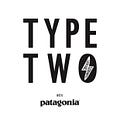






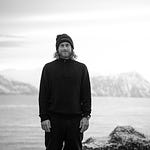



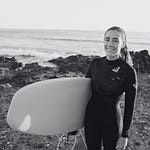
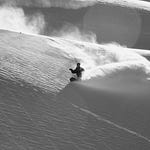

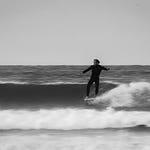

Type 2: Episode 029 - Nick Hayes